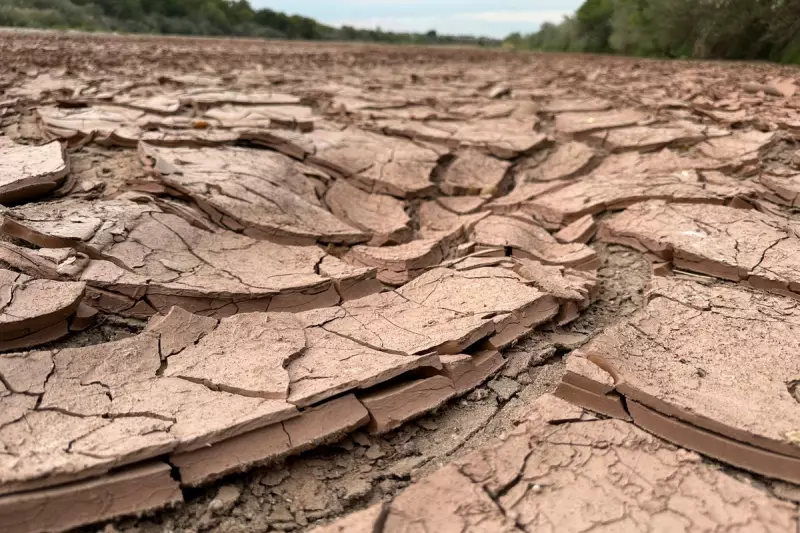
The Colorado River, one of North America's most vital water sources, is facing an unprecedented crisis that could leave up to 10 million people struggling with severe water shortages within the next three decades, according to alarming new research.
Climate Change Threatens Water Security
A comprehensive study conducted by the World Wildlife Fund has revealed the devastating impact climate change is having on the Colorado River system. The research indicates that rising temperatures and changing precipitation patterns are creating a perfect storm that threatens the water security of millions across the American Southwest.
The Colorado River currently provides essential water supplies for approximately 40 million people across seven US states and supports agriculture worth billions of dollars annually. However, the river's flow has already decreased by nearly 20% since the year 2000, with scientists warning that this trend is likely to accelerate.
Rivers Worldwide Under Threat
The Colorado River isn't alone in facing these challenges. The WWF research highlights that other major river systems, including the Rio Grande in the United States and the Indus in Asia, are experiencing similar pressures from climate change and human activity.
Researchers found that climate change could reduce water availability in the Colorado River basin by an additional 10-30% by 2050, creating what experts describe as an unsustainable situation for communities, agriculture, and industry that depend on the river.
The study points to several key factors driving this crisis:
- Rising temperatures increasing evaporation rates from reservoirs and soil
- Reduced snowpack in the Rocky Mountains, which serves as a natural water storage system
- Changing precipitation patterns leading to more rain and less snow
- Growing demand from increasing population and agricultural needs
Urgent Need for Conservation and Adaptation
Environmental organisations are calling for immediate action to address the looming water crisis. The WWF emphasises that both conservation measures and adaptation strategies will be crucial in mitigating the worst impacts.
Water conservation efforts could reduce urban water use by up to 50% in some areas, according to the report. Simple measures like fixing leaks, installing water-efficient fixtures, and adopting drought-resistant landscaping could make significant differences in water consumption patterns.
The agricultural sector, which accounts for approximately 80% of Colorado River water use, also needs to adopt more efficient irrigation techniques and consider switching to less water-intensive crops in some regions.
Beyond conservation, the report calls for improved water management policies that account for the new reality of reduced river flows. This includes updating allocation agreements between states and creating more flexible systems that can respond to changing conditions.
The situation with the Colorado River serves as a stark warning about the vulnerability of water resources in a warming world. As climate change continues to alter precipitation patterns and increase evaporation, other river systems around the globe may face similar challenges, potentially affecting billions of people who depend on them for drinking water, agriculture, and economic activity.





